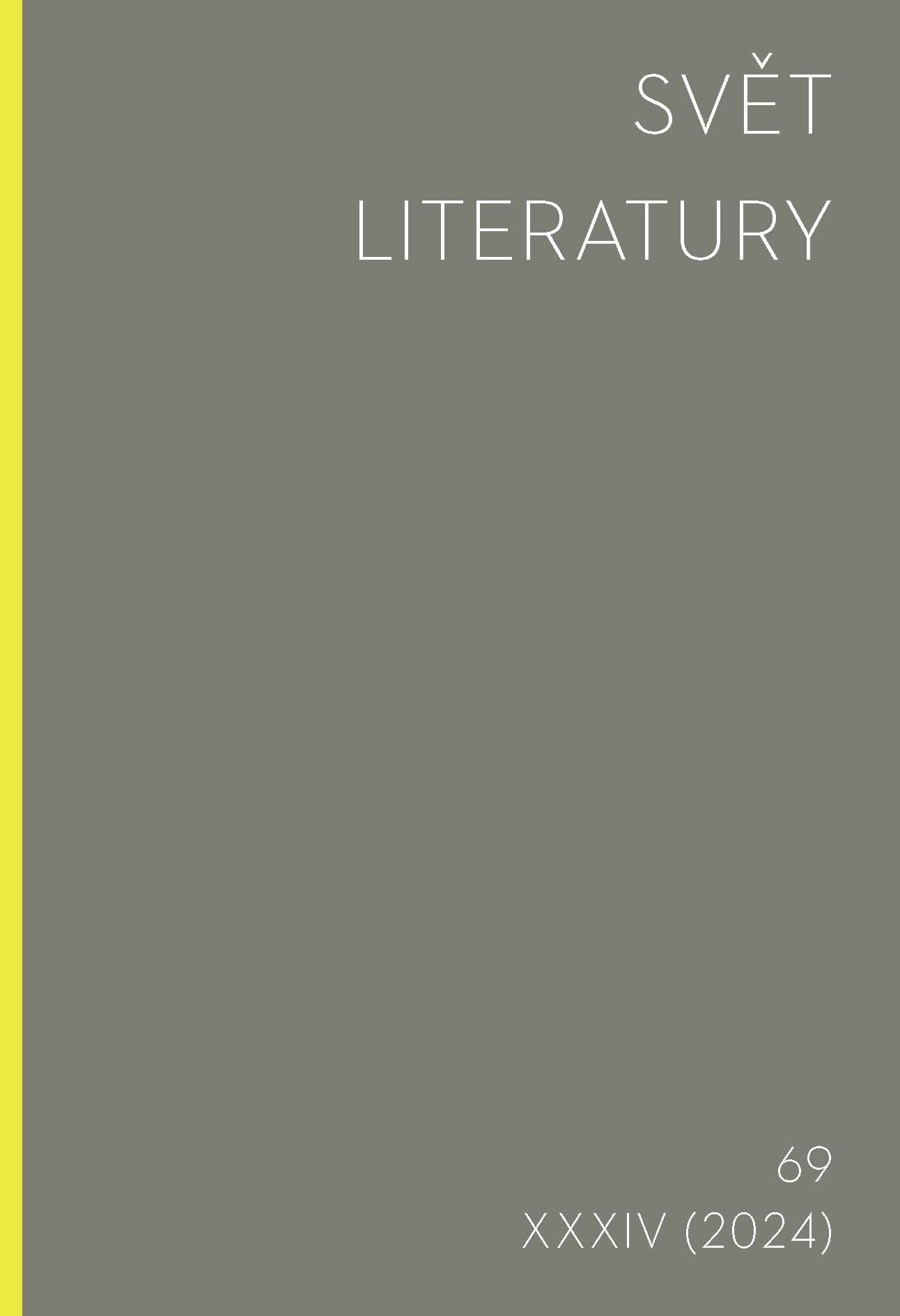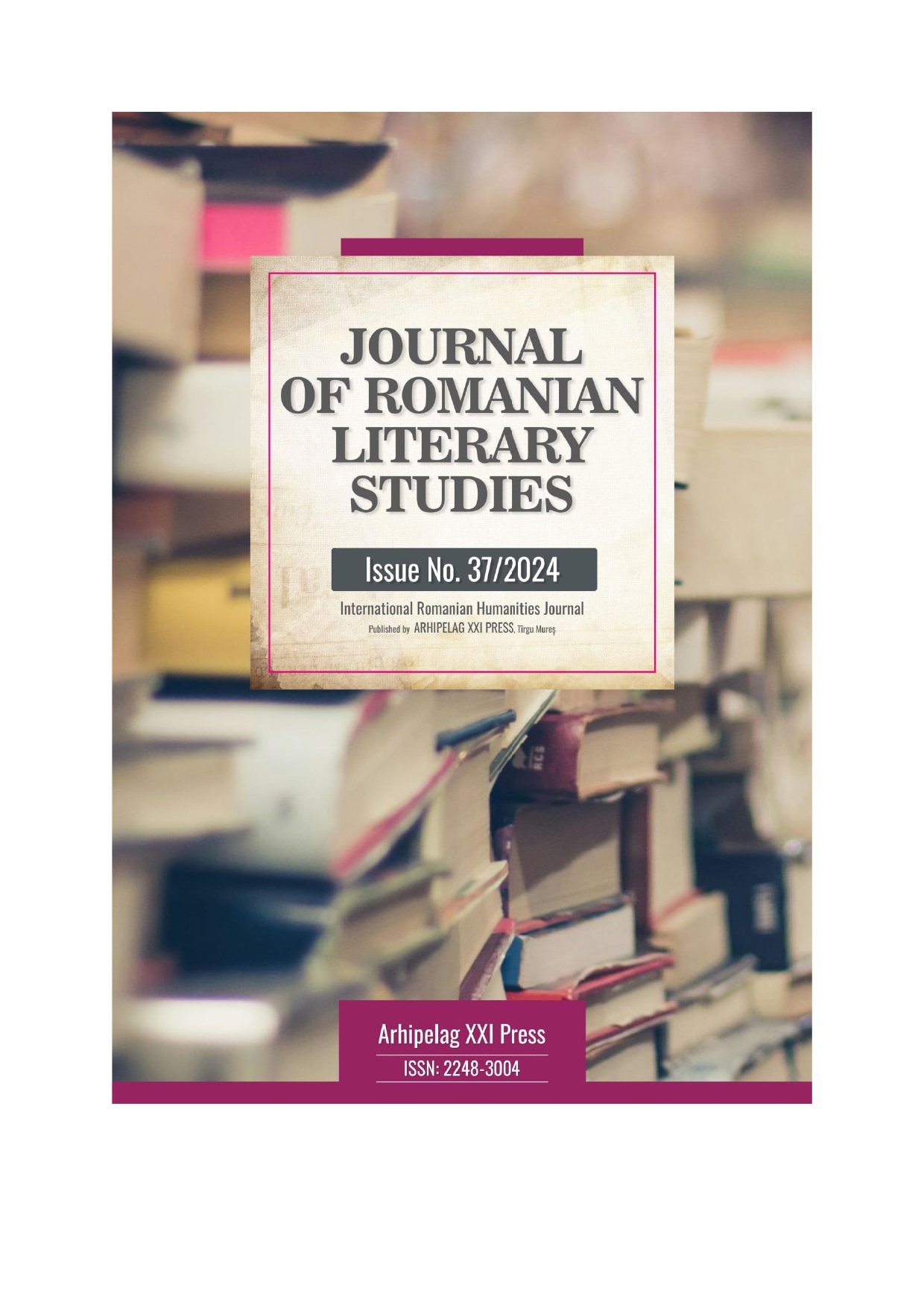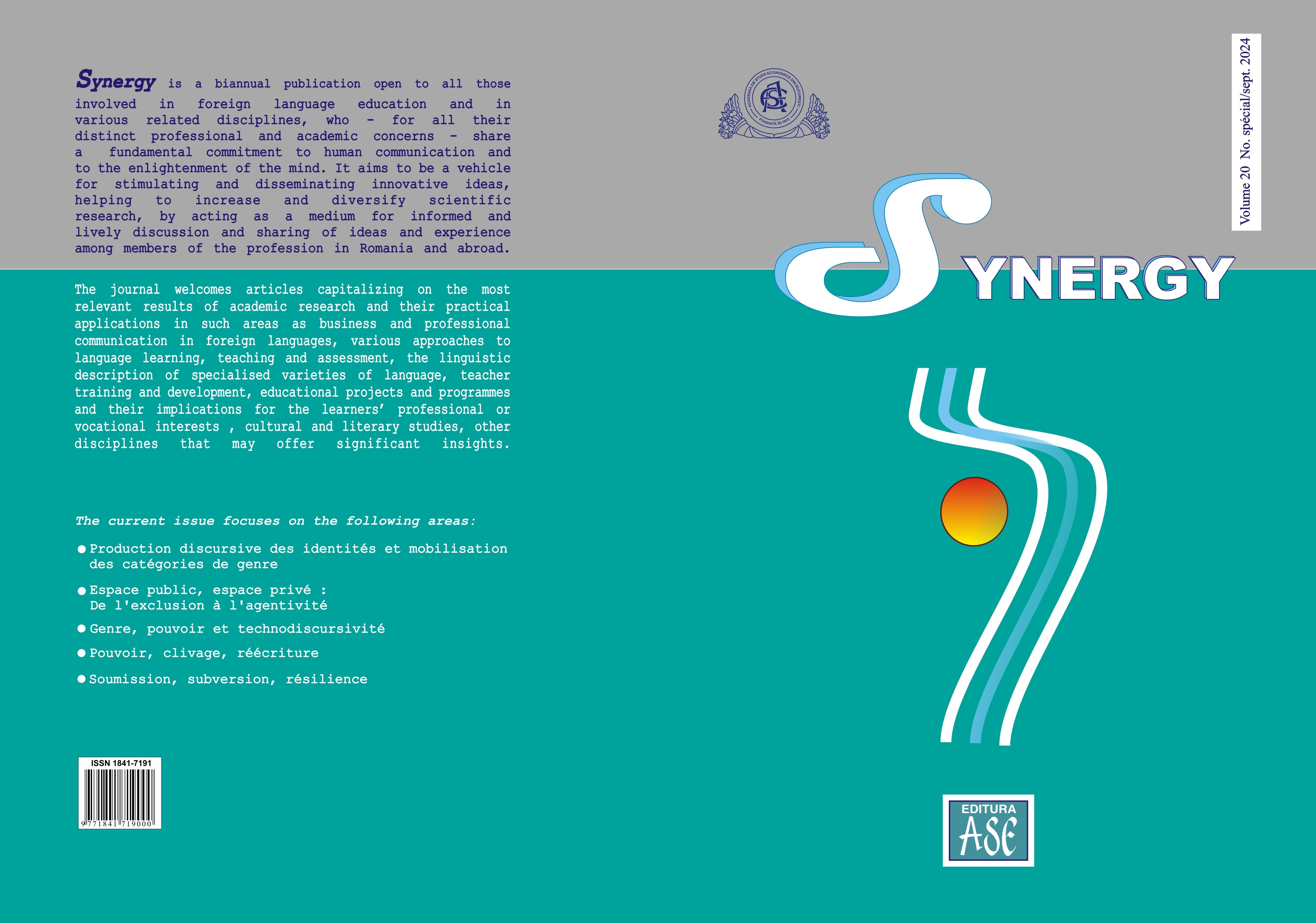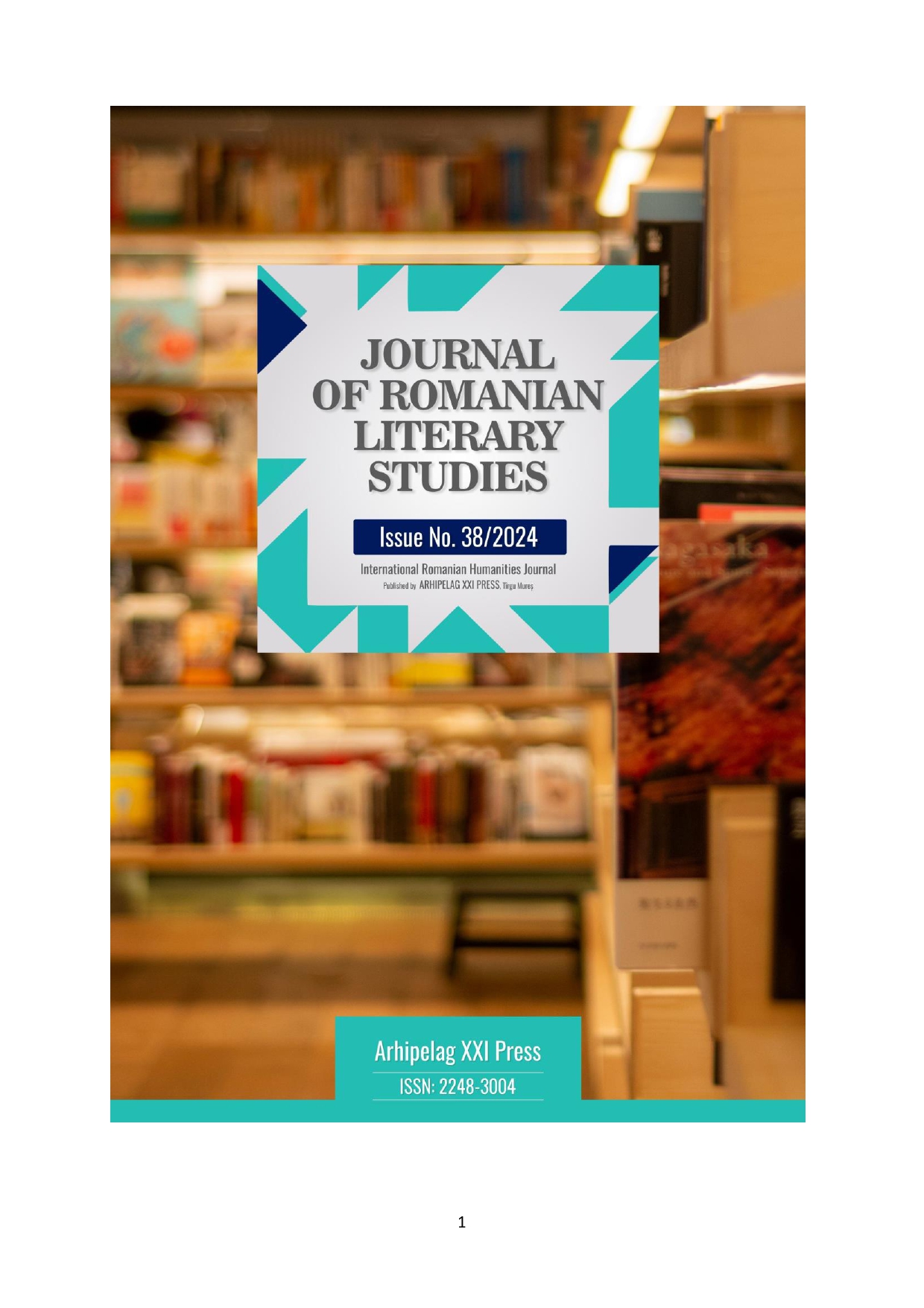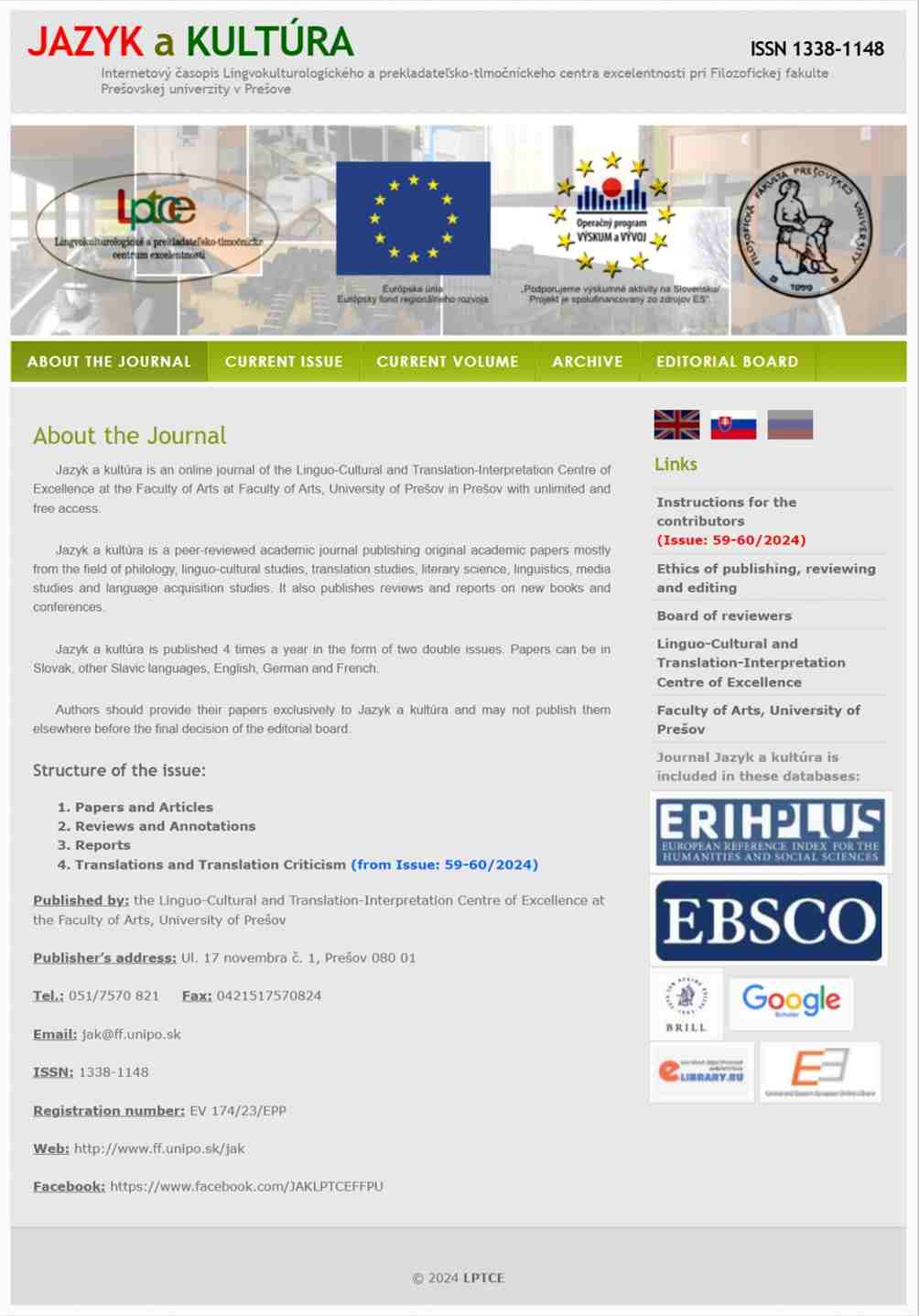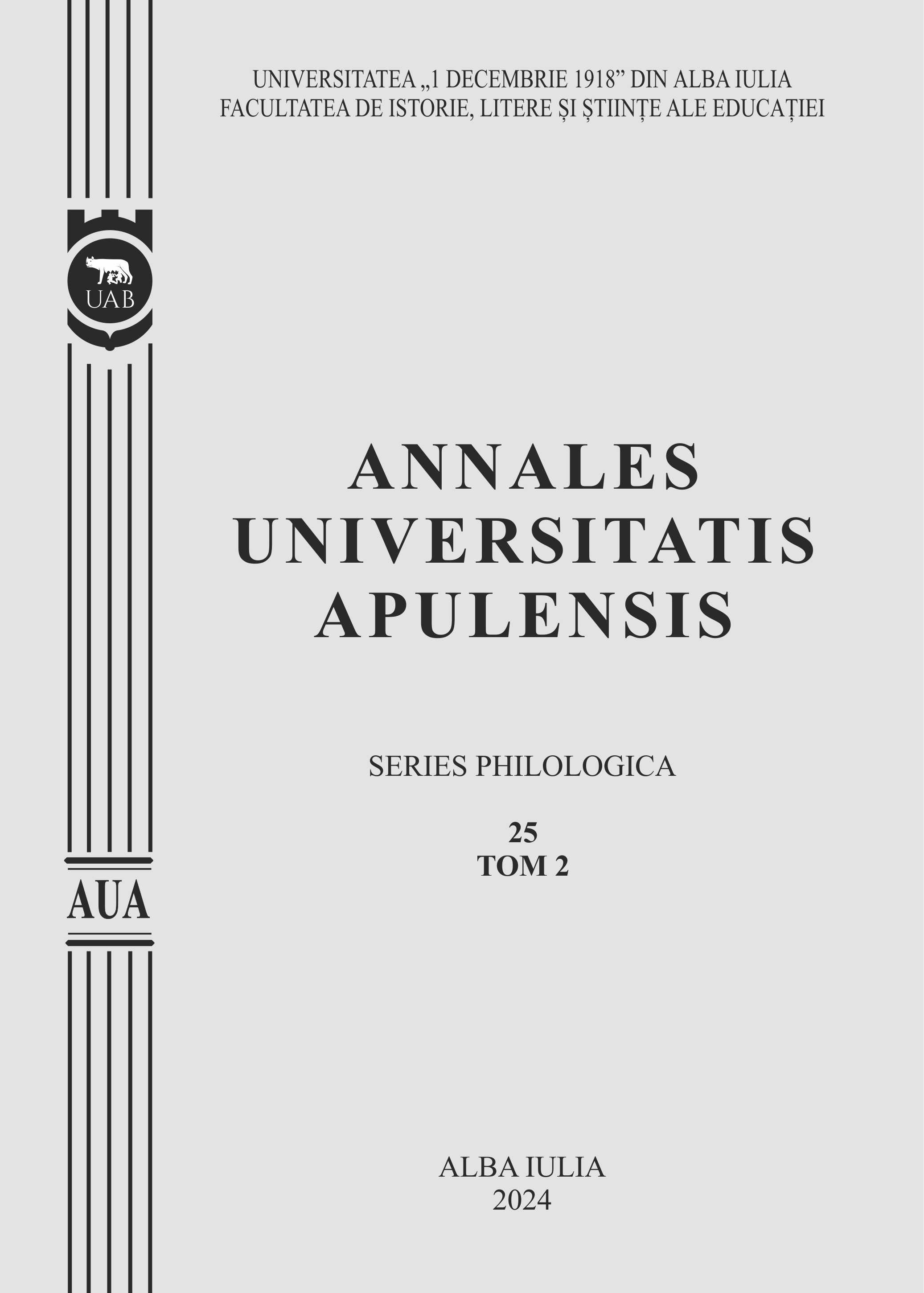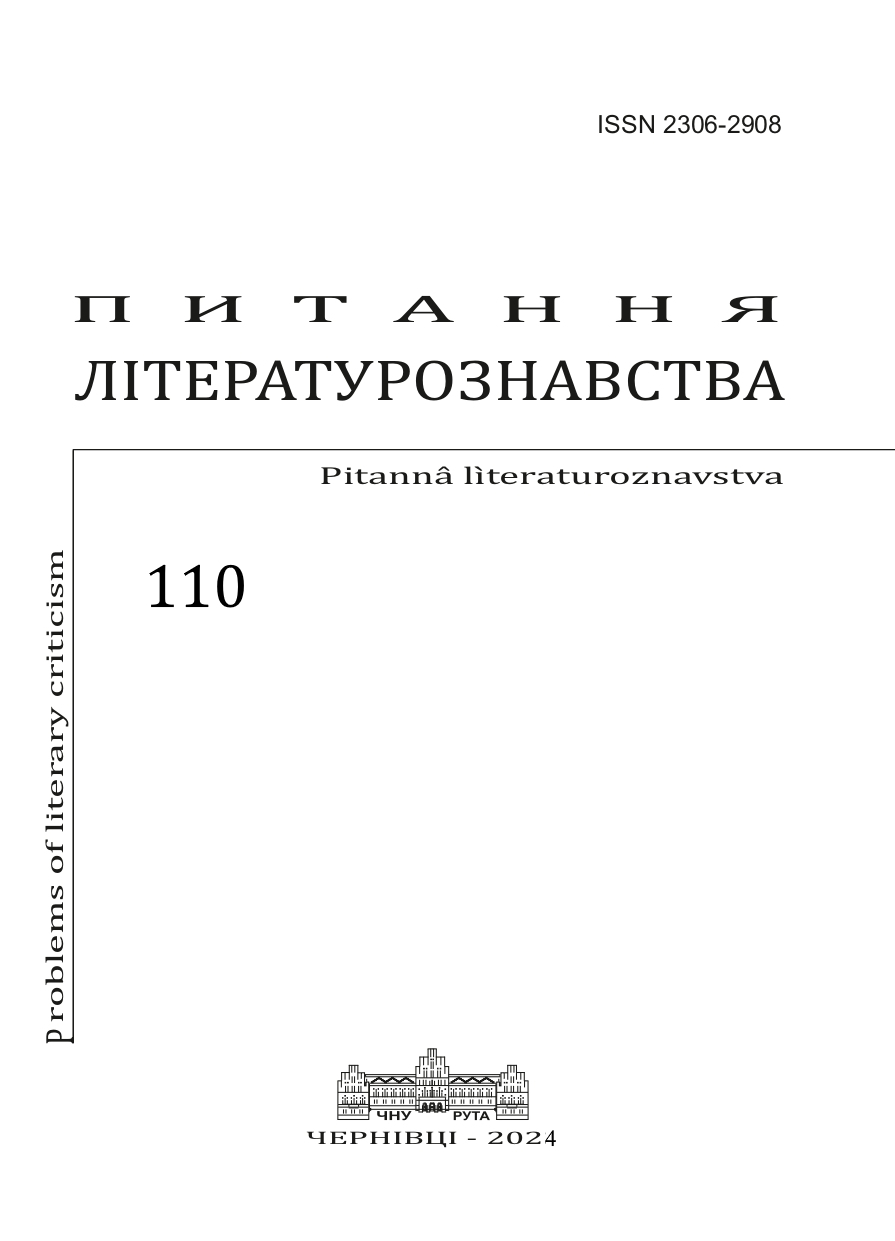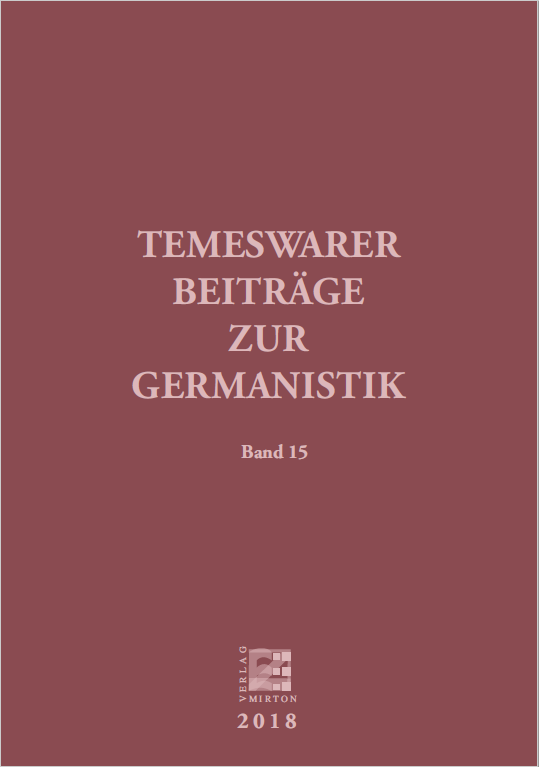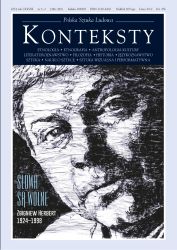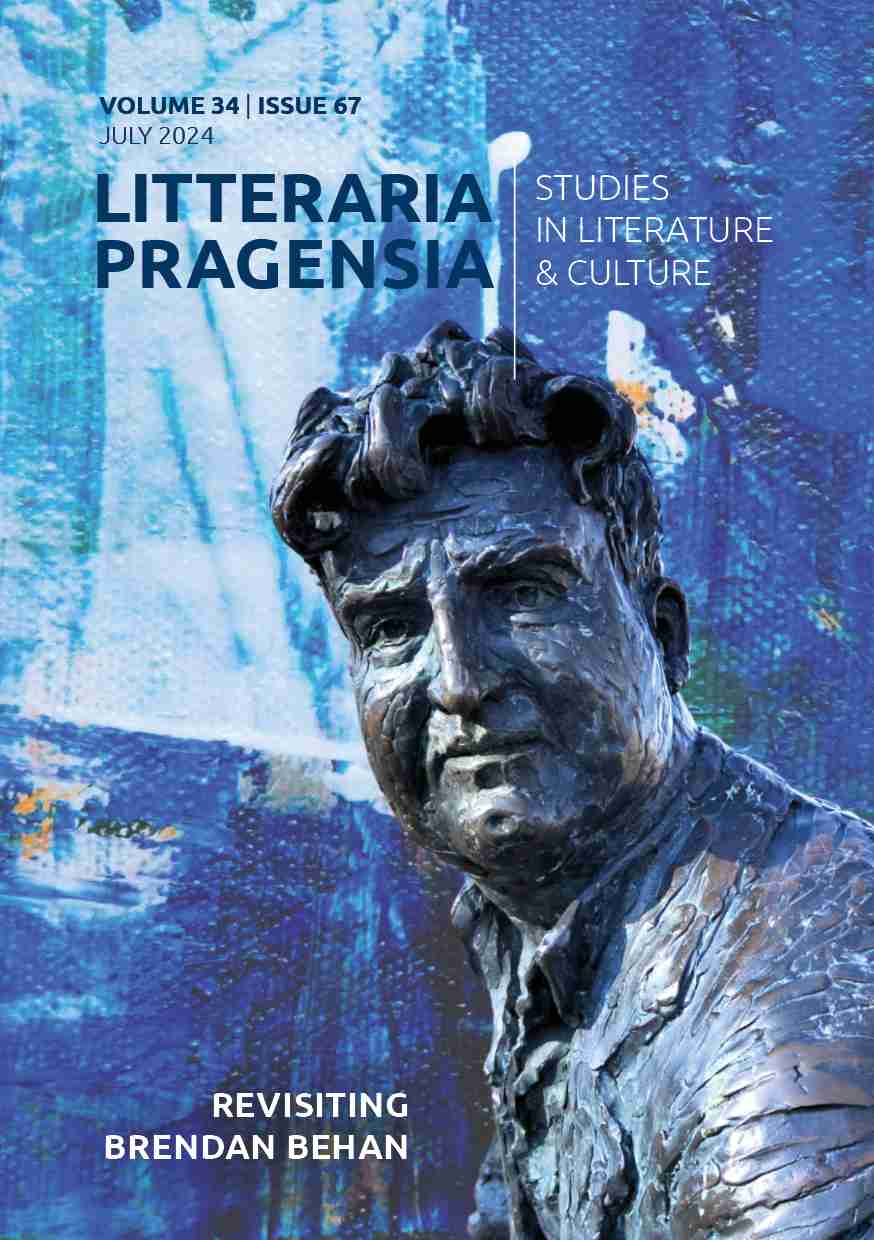
Brendan Behan: A Late Modernist Writer Engagé in Postwar Paris
Building on findings presented in the radio documentary Brendan Behan in Paris (RTÉ, 2019) about Behan’s time spent in the city during the late 1940s and early 1950s, this article explores the relationships that Behan forged in Paris, including with Albert Camus and the literary magazine publisher Sindbad Vail, who would become the first to publish Behan’s work internationally. It further explores the significance of the timing of Behan’s arrival into postwar Paris, and his affinity with the philosophical ideas that were circulating there at the time. The article illustrates how Behan’s literary engagement with the city and its intellectuals in the postwar period is both anticipated and reflected in his work, including the vigorous debate between Sartre and Camus on the meaning of freedom, justice, and the nature of violence and revolution. Through this we see Behan as a writer immersed in and familiar with the dominant trends in European, and especially French, writing.
More...
